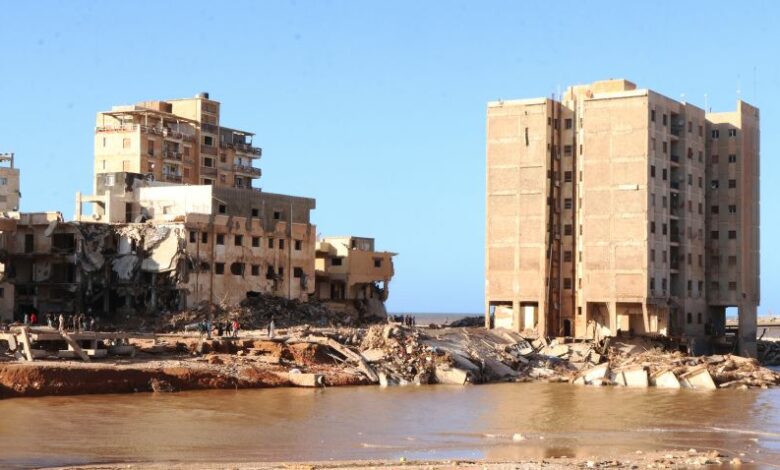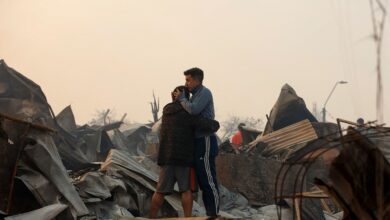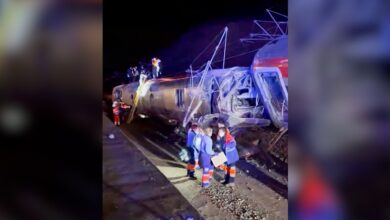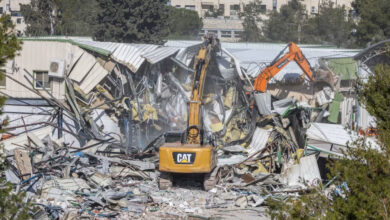
The United Nations has said most of the deaths in flash floods that tore through Libya could have been “avoided,” as relief workers struggle to deliver crucial aid in a humanitarian effort stifled by political divisions and debris from the disaster.
At least 5,000 people have died in Libya, Doctors Without Borders (MSF) said Thursday, revising an earlier estimate of 8,000. Thousands more are feared missing after entire buildings were “wiped out” when a seven-meter wave hit the northern coastal city of Derna, the International Committee of the Red Cross (ICRC) said on Thursday.
The unprecedented rainfall engulfed cities in the North African nation last week, rupturing two dams in the country’s northeast and sending a deluge of water to Derna, which has seen the worst of the devastation.
“If there would have been a normally operating meteorological service, they would have issued the warnings and also the emergency management of this would have been able to carry out evacuations of the people and we would have avoided most of the human casualties,” Petteri Taalas, the UN’s World Meteorological Organization (WMO) secretary-general, told reporters in a news conference in Geneva on Thursday.
“Of course, we cannot fully avoid economic losses but we could’ve also minimized those losses by having proper services in place,” Talaas added.
Talaas said the WMO has tried to interact with Libyan officials on improving these mechanisms, but because the “security situation in the country is so difficult, it is difficult to go there.”
Libya has been riven by political turmoil since civil war erupted in 2014, and now has two rival governments, the eastern parliament-backed government in Benghazi and the internationally recognized government in Tripoli.
Each has reported conflicting numbers for victims following the catastrophic floods in the country. CNN is unable to independently verify the number of deaths or those missing.
‘Single wave tsunami’
The head of the ICRC’s Libya delegation said it will take “many months, maybe years,” for residents in Derna to recover from the scale of damage, after a seven-meter wave thrashed the northern coastal city this week.
“This disaster was violent and brutal. A wave 7 metres high wiped-out buildings and washed infrastructure into the sea. Now family members are missing, dead bodies are washing back up on shore, and homes are destroyed,” Yann Fridez said.
“It will take many months, maybe years, for residents to recover from this huge level of damage.”
The ICRC had a team in Derna to support families with micro-economic activities when the floodwaters overwhelmed the city, adding it will distribute 6,000 body bags to forensic teams in the eastern city of Benghazi to “ensure dignified treatment of the dead.”
Access to the flood-hit areas remains a “major challenge” because roads were destroyed, the ICRC said.




